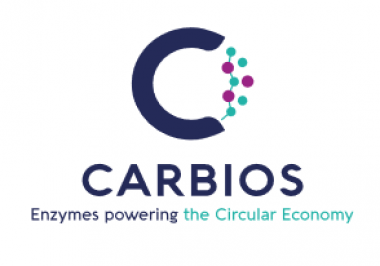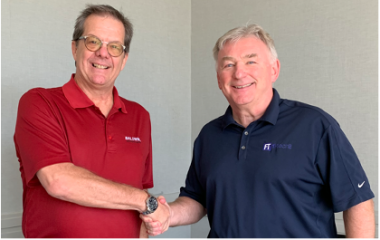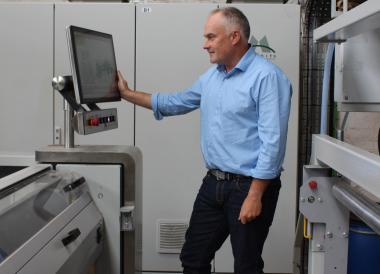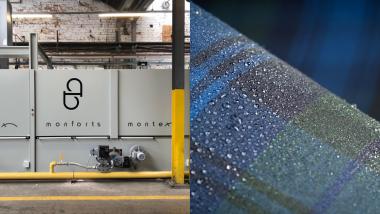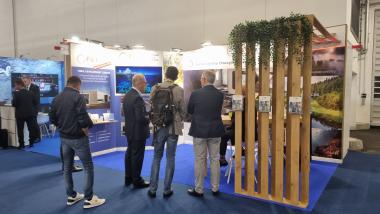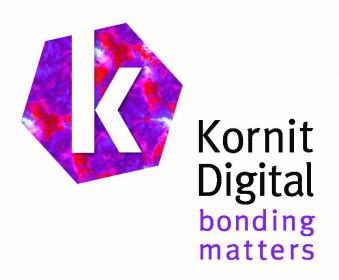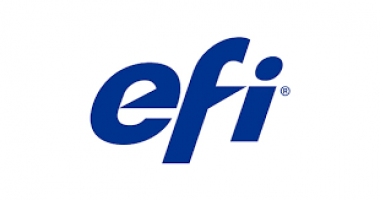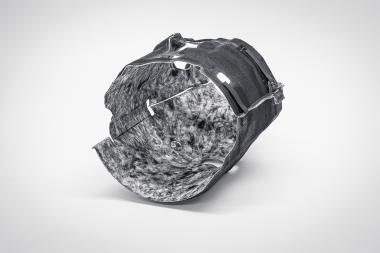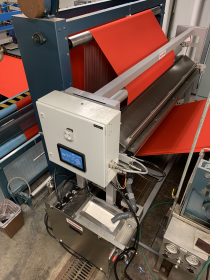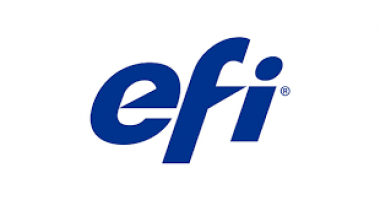Carbios appoints new Director of Operations and Expertise Team
- Stéphane Ferreira joined Carbios as Director of Operations and Executive Committee Member, on October 10, 2022.
- Frédéric Alarcon appointed Licensing Manager
- Arnaud Tillon appointed Group Marketing Director
- New areas of expertise complete the seniority of Carbios’ leadership team, following June appointments of Mathieu Berthoud as Sourcing and Public Affairs Director, Lionel Arras as Industrial Director, and Pascal Bricout as Strategy and Finance Director.
- Departure of Martin Stephan, Deputy CEO
Carbios strengthens its organization with the appointment of Stéphane Ferreira as Director of Operations. He will be in charge of the business’ global development and will steer the relationship with Carbios’ industrial and commercial partners.
Stéphane Ferreira's team will be reinforced by two new members, including:
- Frédéric Alarcon, Licensing Manager, who joined Carbios on September 5. His role is to build and deploy the process licensing model that is at the heart of Carbios’ business model;
- Arnaud Tillon, Group Marketing Director, who joined the firm on September 12. He will support the company’s development by defining and deploying the marketing strategy. He is also in charge of reinforcing the customer culture within the organization.
Martin Stephan will leave his position as Deputy CEO on October 15, 2022, after nearly six years at Carbios.
Emmanuel Ladent, Carbios’ Chief Executive Officer: "The appointment of Stéphane Ferreira as Director of Operations is excellent news for Carbios. His extensive experience in global markets will help Carbios reach a new level, by deploying the company’s proprietary technologies on a large scale. I am also very pleased with the recent arrivals of Frédéric Alarcon and Arnaud Tillon, whose respective expertise in licenses and mass-market offers will be invaluable. Lastly, on behalf of all Carbios’ teams, I want to salute and thank Martin Stephan for his continued commitment to the company’s development. His experience, expertise and skills have been key to developing partnerships which have enabled Carbios to be so close to industrial deployment and recognized as the future worldwide leader of plastics and fibers in the circular economy."
Carbios


